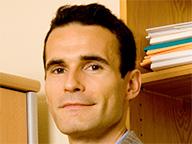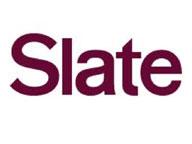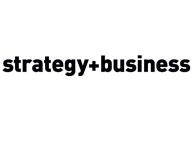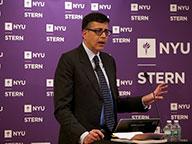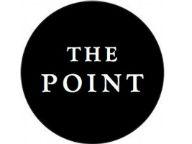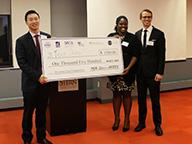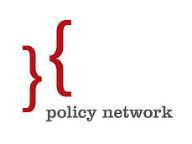Faculty News
—
Profs Alexander Ljungqvist and Matthew Richardson's research on private equity investments is cited
—

Excerpt from US News & World Report -- "The reality, according to a 2003 paper, 'The cash flow, return and risk characteristics of private equity,' by Alexander Ljungqvist and Matthew Richardson, is quite different. It can take between eight and 10 years for the internal rate of return of private equity funds to turn positive and eventually exceed the returns of listed stocks. Relatively few investors understand the patience required to reap these returns."
Faculty News
—

Excerpt from US News & World Report -- "The reality, according to a 2003 paper, 'The cash flow, return and risk characteristics of private equity,' by Alexander Ljungqvist and Matthew Richardson, is quite different. It can take between eight and 10 years for the internal rate of return of private equity funds to turn positive and eventually exceed the returns of listed stocks. Relatively few investors understand the patience required to reap these returns."




